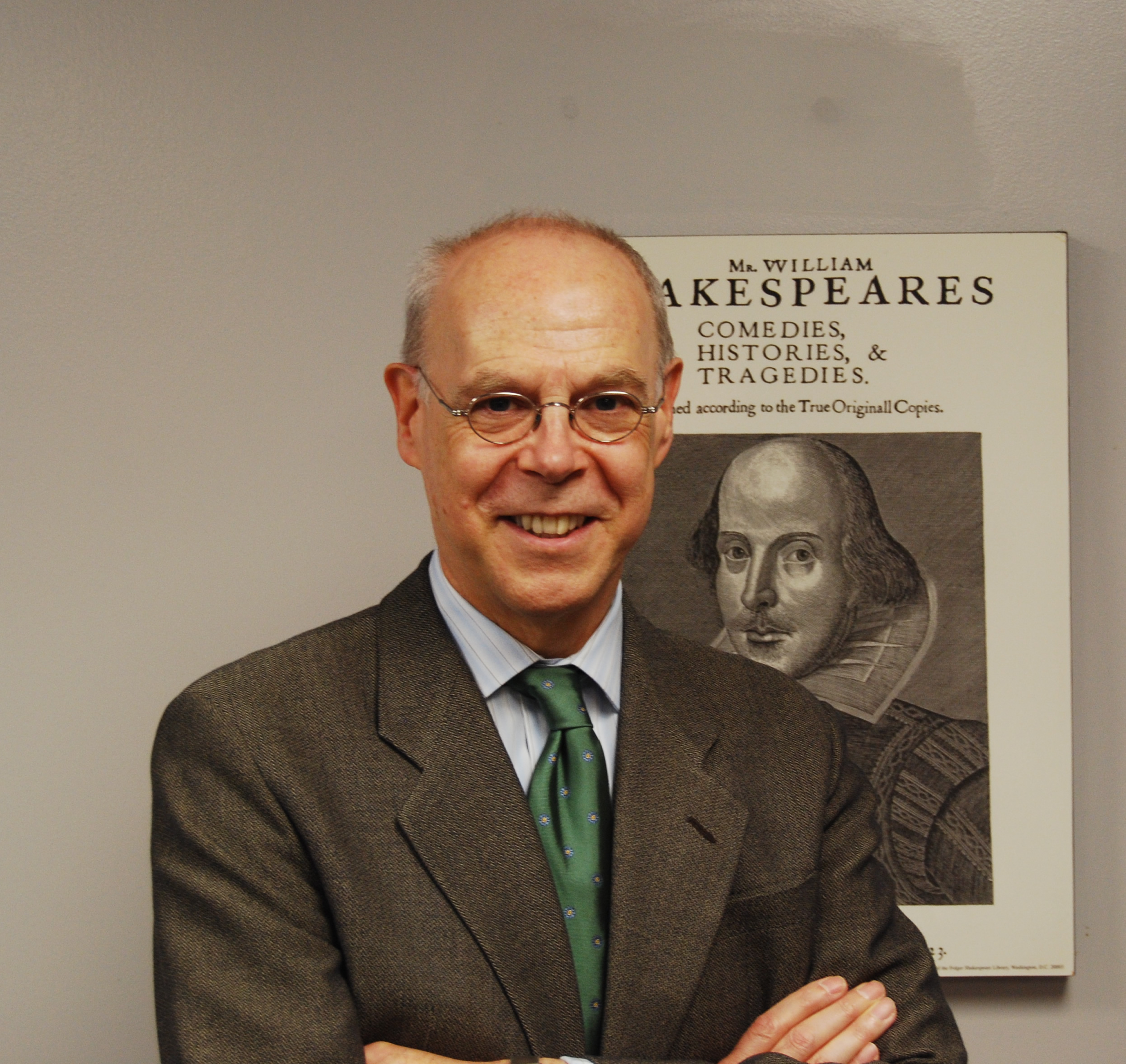Public Lecture by Prof. Kent Cartwright: “”I. A. Richards, Ariosto, Shakespeare, and the Attitude of Comedy”

Professor Kent Cartwright, the 2024 Doctor Honoris Causa nominee of the Faculty of Humanities and Social Sciences, will receive his honorary doctorate from the University of Szeged on 9 November. We cordially invite all interested colleagues and students to Dr. Kent Cartwright’s public lecture entitled: “I. A. RICHARDS, ARIOSTO, SHAKESPEARE, AND THE ATTITUDE OF COMEDY”
Location and date of the lecture: Faculty Council Room (Kari Tanácsterem), Friday, November 8, 12.00-13.00.
Dr. Kent Cartwright is an emeritus professor at the University of Maryland, USA, an acclaimed authority in the fields of Renaissance studies, Shakespeare scholarship, Tudor drama, and cultural history, an outstanding, internationally renowned representative of cooperation between American and European schools of literary studies, and a former member of the Board of the Shakespeare Association of America. For nineteen years now, he has maintained an active relationship as a researcher and guest professor with the English Department of the University of Szeged, and he is also a recurring visiting professor at the universities of Florence, Venice, and Pisa. With his inter- and transdisciplinary expertise, he has contributed to the dialogue of the discourses of English studies, classical philology, theater studies, and art history in the most prestigious international forums, connecting centers and traditions of research, teaching, and network development, also sharing his experience as the former President of the Association of Departments of English in the USA.
The abstract of his talk:
This talk will employ the criticism of I. A. Richards, the early twentieth-century founder of ‘close reading,’ to analyze the comic attitude as it develops in the works of two Renaissance playwrights, Ludovico Ariosto and William Shakespeare. Richards sees literary reading as effecting an organization of the reader’s psyche that can be described as a new, provisional ‘attitude,’ a potential change in the individual’s outlook, even if temporary. Applying that notion to the works of Ariosto and Shakespeare, we can identify in them the development of a humanist comic attitude. Its hallmarks are doubt and wonder, especially a doubt that forces us to question underlying assumptions and a wonder that moves us towards unexpected ethical actions, such as forgiveness. Comedy gives us, to invoke Richards, the potential for a new attitude in our daily lives.
